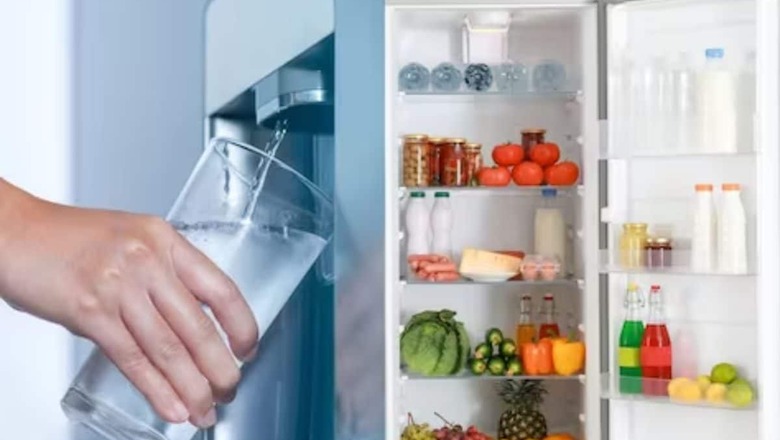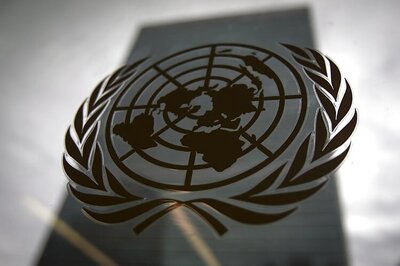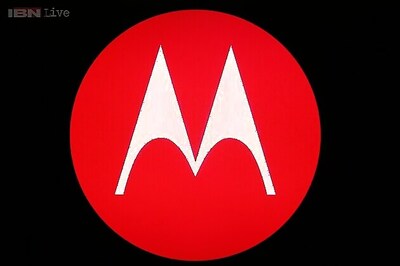
views
The prevailing belief that cold water freezes faster than hot water faces a surprising challenge from researchers at the University of California. Contrary to popular understanding, their report contends that hot water freezes faster than its colder counterpart, a phenomenon known as the Mpemba effect. This counterintuitive concept, initially proposed by Aristotle, lay dormant until Tanzanian high school student Mpemba rediscovered it in 1969.
According to the Mpemba effect, hot water evaporates more rapidly than cold water, reducing its mass. The process of evaporation induces a cooling effect, causing the hot water to cool and freeze more quickly than cold water. As hot water heats, molecules rise to the surface, creating convection currents that expedite the conversion of hot water into ice. In contrast, cold water’s freezing process is impeded by gases and impurities present, along with the role of hydrogen bonds.
Hydrogen bonds in water play a significant role in condensation. When heated, these bonds break, causing water molecules to move apart and facilitating quicker freezing due to energy loss. This intricate interplay of molecular dynamics challenges the conventional belief that cold water should freeze more rapidly.
Another contributing factor to the Mpemba effect lies in the dissolved gas content of water. Hot water tends to hold less dissolved gas than cold water, with significant amounts escaping through boiling. Experiments have indicated that this disparity alters the water’s properties, potentially making it easier for warm water to develop convection currents or requiring less heat to freeze. Additionally, it may influence the boiling point of water.
Despite various experiments supporting the Mpemba effect, the University of California report notes a lack of corresponding theoretical calculations. The precise mechanisms behind hot water’s accelerated freezing remain elusive, prompting further exploration into the underlying principles governing this intriguing phenomenon. As scientists continue to unravel the mysteries of the Mpemba effect, it challenges long-standing assumptions about the freezing dynamics of water and invites a reevaluation of the factors influencing this seemingly paradoxical process.




















Comments
0 comment